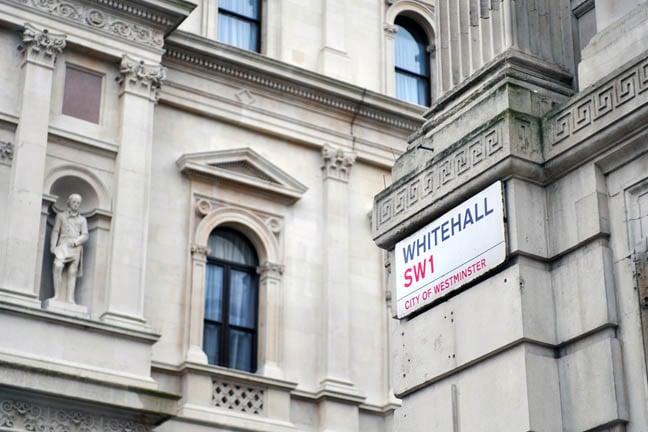Klarna CEO Sounds Recession Alarm: AI's White-Collar Job Threat Could Trigger Economic Downturn

Sebastian Siemiatkowski, the CEO of buy-now-pay-later giant Klarna, has issued a stark warning: the rapid advancement and adoption of artificial intelligence (AI) could potentially trigger a global recession. His concerns stem from AI's increasing ability to automate tasks previously performed by white-collar workers, leading to potential job displacement and economic instability.
Siemiatkowski isn't just theorizing. He’s witnessing the impact firsthand within his own company. He previously stated that Klarna's AI assistant has already taken over the responsibilities of 700 full-time customer service agents – a significant reduction in headcount achieved through technological innovation. This isn't an isolated incident; businesses across various sectors are exploring and implementing AI solutions to streamline operations and cut costs.
The AI Revolution and the White-Collar Workforce
The current wave of AI development, particularly generative AI models like ChatGPT, is unlike anything we’ve seen before. These models aren't just automating repetitive manual tasks; they're capable of handling complex cognitive functions, including writing, data analysis, and even decision-making. This poses a direct threat to a wide range of white-collar jobs, from administrative roles and marketing positions to financial analysts and even some aspects of software development.
Siemiatkowski's concern isn't about a distant future; he believes the impact could be felt relatively soon. A widespread displacement of white-collar workers could lead to a significant drop in consumer spending, as people lose their income and face economic uncertainty. This, in turn, could trigger a recession – a prolonged period of economic decline.
Beyond Klarna: A Global Trend
Klarna’s experience is indicative of a broader trend. Companies globally are embracing AI to enhance efficiency and reduce operational expenses. While this can lead to increased productivity and innovation, it also raises crucial questions about the future of work and the potential social and economic consequences of mass job displacement. Governments and businesses alike are grappling with how to navigate this transition, exploring options such as retraining programs, universal basic income, and regulatory frameworks to mitigate the negative impacts.
The Path Forward: Adaptation and Innovation
The key to avoiding a recessionary scenario lies in proactive adaptation and a focus on innovation. Rather than fearing AI, individuals and businesses should embrace it as a tool to augment human capabilities and create new opportunities. Retraining and upskilling initiatives are crucial to equip the workforce with the skills needed to thrive in an AI-driven economy. Furthermore, fostering a culture of innovation and entrepreneurship can lead to the creation of new industries and jobs that we can't even imagine today.
Siemiatkowski’s warning serves as a wake-up call. The AI revolution is happening now, and its potential impact on the global economy is profound. By acknowledging the risks and proactively addressing the challenges, we can harness the power of AI for good and create a more prosperous future for all.





